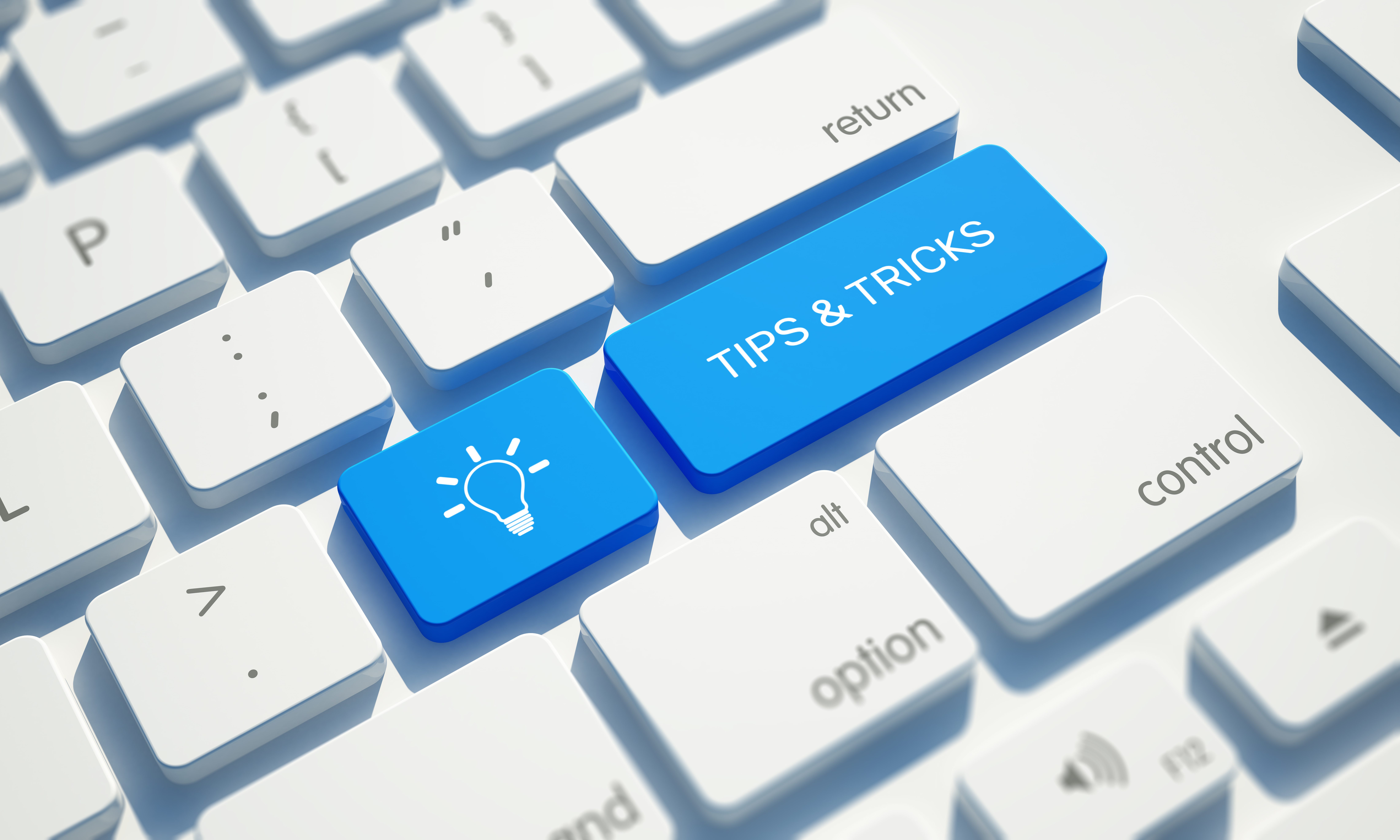If you spend any time at all on the internet, you have almost certainly seen a headline that starts “One Weird Trick…”
The internet ad or article might be suggesting one weird trick for losing weight or for stopping hair loss or for regulating your blood sugar. As a rule, these sorts of posts are clickbait and sketchy at best. As early as 2011, the Federal Trade Commission took legal action against those who posted this sort of thing and convinced people to send them money for dubious (or nonexistent) cures for various ailments.
But when it comes to supporting your recovery from a substance use disorder, there are, in fact, some tips and tricks that might seem weird at first blush but that are actually effective.
Series of Ways to Support Your Recovery
Let’s take a look at…er…five “one weird tricks.”
One Weird Trick: Clean Up Your Living and Working Areas
You might not think the pile of unfolded laundry or the overflowing inbox or the unwashed dishes in the sink have much of anything to do with your sobriety.
But decluttering the spaces in which you live and work can have real benefits. For example, you can reduce your overall stress level by knowing where things are when you need them. Finishing a small cleanup project can help get you kickstarted when you are feeling stuck and not sure how to move forward. And a decluttered sleeping space supports better rest. All of those things provide a boost to your ongoing sobriety.
One Weird Trick: Write Down Three Things For Which You Are Grateful
We are all familiar with the idea that we should count our blessings. But most of the time, we think of that as more of a metaphor than a specific instruction. It turns out, however, that keeping a gratitude journal in which you write down three things for which you are thankful each day can help improve your overall mental health.
This is true whether you have had an easy, productive day or a difficult frustrating day. Writing down three positive things at the end of the day is a great way to put that day to rest on a positive note.
One Weird Trick: Slow Down on the Sugar Intake
This one might not seem all that weird. After all, it is generally understood that too much sugar can lead to a whole range of health problems. But what is perhaps less well known is the ways in which sugar intake can mimic the highs of drug use. They don’t call it a “sugar rush” for nothing.
As a result, ingesting a lot of sugar can be a preliminary step toward a relapse. But the reverse is also true: You can support your sobriety by staying vigilant about your sugar intake.
One Weird Trick: Set a Bedtime and Stick to it
We tend to think of bedtimes as something for children. As adults, we often are far more willy-nilly about our sleep schedules. For a person in recovery, however, a regular bedtime (especially when paired with a regular wake time) can be a powerful protector of sobriety.
Getting enough sleep is essential to your physical and mental health—and your physical and mental health are deeply intertwined with your sobriety. So what might seem like a childlike approach to getting the rest you need is actually quite mature behavior.
One Weird Trick: Bring Your Own Beverage
Now, you might be thinking that every “bring your own beverage” shindig you have ever attended involved a lot of beer and other alcoholic beverages. Fair enough. But this trick is all about turning that expectation on its head.
When you find yourself invited to a social occasion—a backyard cookout, a dinner party, an afternoon spent watching the game with friends—you can do yourself a favor by bringing along your own nonalcoholic beverage. By doing so, you take the pressure off of your host to offer an alcohol alternative, and you take the pressure off of yourself to resist temptation. While you might want to make sure your beverage of choice is not too sugary (see one of the one weird tricks above), the truth is that any nonalcoholic beverage is a good choice when you are in recovery.
The Trick to Getting Sober is Not a Trick at All
At French Creek Recovery Center, we have the expertise, the experience, and the compassion necessary to provide personalized treatment plans that will help you regain your sobriety. And we are able to offer the resources, strategies, and support you need to feel confident in the early days of your recovery.
It is not a trick. It is what we do. We can help you reclaim your sobriety and your life.

